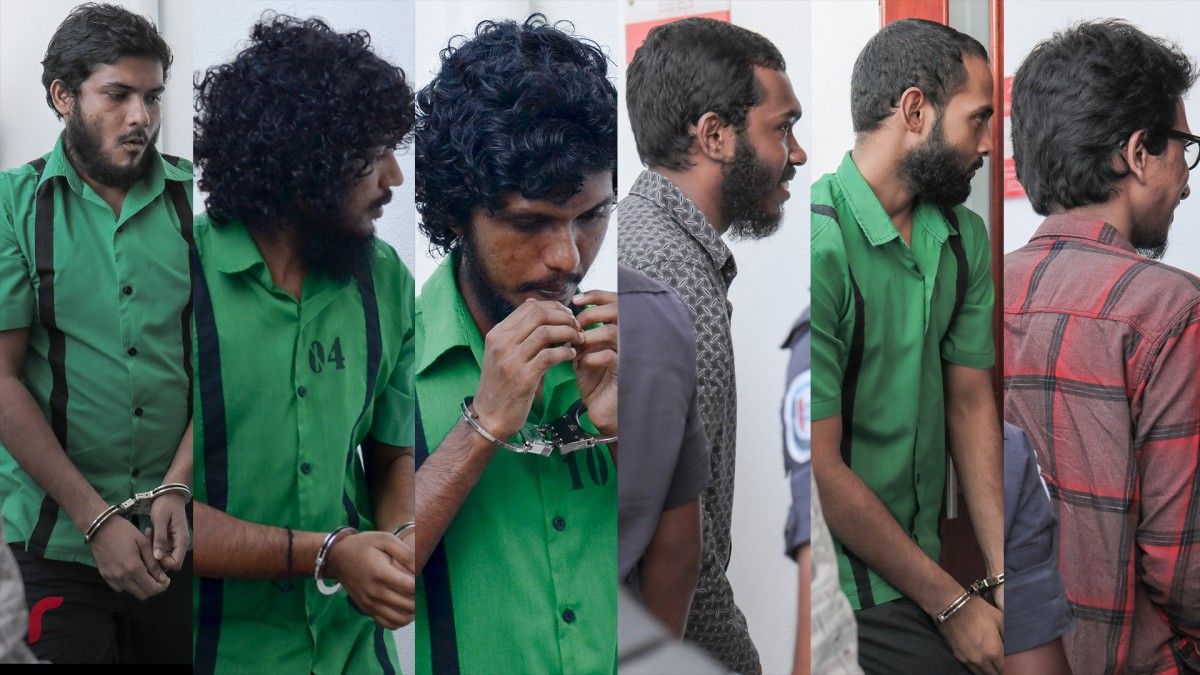Court approves secret testimony in Yameen Rasheed murder trial
Concluding pre-trial hearings, Judge Ibrahim Ali also granted the prosecution’s request to seal evidence.

18 Oct 2018, 09:00
The criminal court Thursday concluded preliminary hearings in blogger Yameen Rasheed’s murder trial.
Judge Ibrahim Ali granted the prosecution’s request to seal evidence. The court is due to hear anonymised testimony from witnesses when the trial begins next week.
The judge rejected pre-trial motions from defendant Ismail Rasheed, including requests to restart preliminary hearings and to delay the trial.
The prosecution objected to any delays as defence lawyers protested the decision to seal evidence.
Become a member
Get full access to our archive and personalise your experience.
Already a member?
Discussion
No comments yet. Be the first to share your thoughts!
No comments yet. Be the first to join the conversation!
Join the Conversation
Sign in to share your thoughts under an alias and take part in the discussion. Independent journalism thrives on open, respectful debate — your voice matters.




